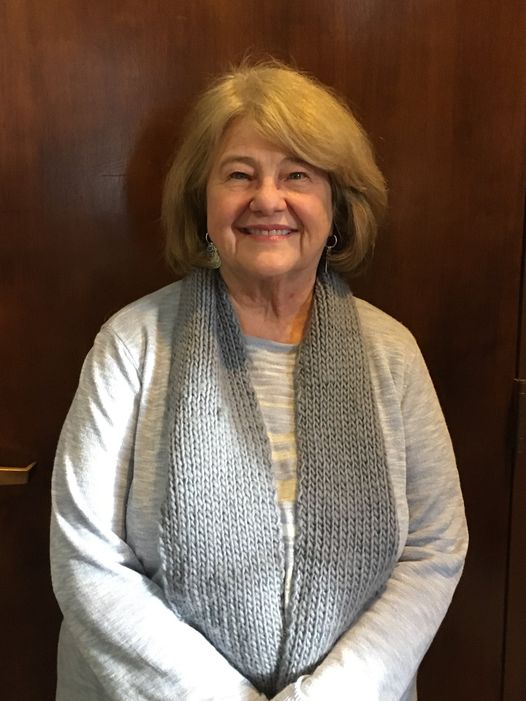
Kathryn Fowler: Age Well, Live Well
Throughout Kathryn Fowler’s career (did you know she was our former executive director?) and life she’s learned a lot about aging well and living well. Here’s her story.
What was your early life like?
I was born in Columbia, South Carolina. From age three, I lived in Florence, South Carolina. It was a college town like Athens and a hub for the surrounding agricultural area in the 1950s.
I was very active in the Baptist church throughout my childhood and in singing groups. I did piano and just played outside all day long with my friends.
And all these decades later, I’m still close to the kids I grew up with in my neighborhood.
Why did you choose the career path that you did?
All of my school counselors told me that I should be a nurse or a teacher. So staying true to what I was advised, I decided to go to Furman University – one of the six schools I’d received scholarships for – where I studied French and English and earned my teaching certificate.
After discovering I didn’t like teaching, I moved to Atlanta with roommates to focus my studies on French. I realized after one semester that wasn’t what I wanted to do with my life at all. So I horrified everybody by quitting – and throwing away an assistantship to do so.
I pivoted and was attracted to working with family and children’s services there in Atlanta. In the Head Start program in college, I walked the streets of my hometown and saw houses without plumbing and electricity, and kids who weren’t in school. I wanted to do something to help those communities. So, I worked for three years in the Welfare Department, three years as a program coordinator at a center for the mentally disabled, and then for [what’s now known as] Hope Haven.
For four years after that, I worked for the University of Georgia in a program that provided training in all 159 counties in Georgia to create local programs for those with mental disabilities. When the government cut the funding for that program, I spent six months unsure of what to do.
But when I found out that ACCA was looking for a volunteer coordinator, I used my experience with starting volunteer programs to get my foot in the door and got the job. From there, I became ACCA’s assistant director and two years later I was named executive director.
What are some of the highlights of your career?
I was president of the Georgia Gerontology Society for two years and held a number of other officer positions. It allowed me to get to know people from all over the state to share ideas, programs, and resources with each other and just get a state-wide perspective.
In 1983, I served on a national steering committee to develop visitation programs in local centers all over the United States for visitors to just sit down and talk with [older] people, to reminisce about their life. I presented at national conferences and traveled to about 10 communities around the United States to help them start this program.
For a long time, it was thought to be a problem that older people were always looking back and reminiscing, that it was a sign of bad health. But this program helped people realize that looking back on life is natural and that we can learn from talking about lives lived. And it showed me how much I enjoyed the teaching process and working with adult learners.
I also thoroughly enjoyed working with partners in local government and helping nurture their positive beliefs and intentional support for the nonprofit sector.
While at ACCA, who would you consider a mentor and what did you learn from them?
Marietta Sue Hart, in the continuing education department at the University of Georgia. She’s an amazing woman and taught me how to pull off a big conference.
William E. Hudson, the facilities manager at UGA. He was a lifelong supporter of the Boy Scouts and worked constantly for the good of the community. He became a delightful friend throughout the end of his life and taught me about leadership and dedication to the community.
Dr. David Levine. He mentored scores of people and served as an emeritus faculty member at UGA, working until he had to retire at 70. He was just a brilliant person and never quit supporting any of his students or people that he worked with. Even when you didn’t realize he was mentoring you, he constantly helped to move you along. He became a close, dear friend, and I learned so much from him. And he supported me not just as ACCA’s director but in staying sane as a human being!
Sophia Deutschberger, ACCA’s first secretary and honorary lifetime director. Though she helped start ACCA, she let it grow and change. And while she guided it and stayed engaged with it, she didn’t feel she owned it or had to have the last word. That was a really good lesson to learn, because I think when you start something, it can be really hard to let it go.
Who are some important older adults in your life, and what have you learned from them?
My dad was just such a hard worker, and I learned that from him. Even when he had dementia at the end of his life, we still had lots of talks, particularly about supervising people. He taught me that a personnel decision is not just a decision about a position, it’s a decision about a person’s life. I could never say, ‘Well, it’s for the good of the agency’ and shrug off what I was doing to the person; I always had an investment in the person, too.
My mother was a hard worker in a totally different way. Most of my childhood I heard the sound of her sewing machine while she was working, making clothes for us. She was a caring person – both of my parents were. I was also fortunate enough to have my maternal grandmother live with me until I was in my forties.
What do you hope that ACCA’s legacy will be?
To always be responsive to needs and to always reflect and be connected to the community that it’s a part of.
What are some of your favorite activities and or pastimes?
I enjoy animals and am currently without a cat for the first time in 49 years, but I have one dog. I’ve also always had house plants and am the proud owner of 49 African violets, most of which I inherited from my mother who had an incredible green thumb. I used to camp and hike a lot, but I still just enjoy the outdoors. I garden and take walks a couple of times a day.
Music is also a big part of my life. I’m in a couple of choral groups and a Handel choir, which I thoroughly enjoy. I play the piano for my own pleasure, and I’m trying to learn to play the dulcimer. I like going to concerts and usually don’t find music that I don’t like. I’m unable to separate myself from my collection of CDs!
I love antiques: my house is full of things that belonged to my parents, grandparents and great grandparents. They’re nothing terribly valuable but are full of memories.
And I love traveling to places I’ve never been before. My childhood best friend and I always go on decade birthday trips together, and this one is to Alaska.
At this point in your life, what’s become most important to you?
Family and friends, faith, music, and nature.
What advice would you give to younger generations?
When you have opportunities to try something new or go somewhere new, do it if at all possible. A friend of mine lived in Greece for three years and she begged me to come over and live there with her. I always told her: ‘I’m in love with this guy.’ or ‘I’ve got this new job I’m looking at.’ or something, and I never made it to Greece. It’s important to realize that you can sometimes stop and do something like that and then get back to your life before you buy the house, have a child or get that dream job.
If you’re wondering ‘Should I get my masters degree now or come back later?’ I always say: get it now. It’s so hard to come back and do things like that when you have other obligations and when your money is needed in other areas.
Be kind to people on your way up, because it’s true that you will meet them on your way down. So don’t burn bridges. Be as nice to people as you’d hope everybody would be to you.
How do you age well and live well? What does that saying mean to you?
I always used to wonder in my younger year why older people went to the doctor so much! I’ve learned the importance of taking care of the vessel — of your body. Try to stay as physically and mentally healthy as you can.
Do what it takes to stay happy and to not get lonesome. I can tend to read and never leave the house for a couple of days, but it’s not good for your mental health to not speak to another human being for days. Even if you’re a more solitary person, get into the habit of getting out and doing things.
Try not to fill your day up every day with things you have to do, but be sure to engage in some really enjoyable things. When you’re retired, you worked your whole life to have this time; so give yourself some good stuff in that time, too.
And one last thing I would advise people as you get older is: for gosh sake, keep your sense of humor!





